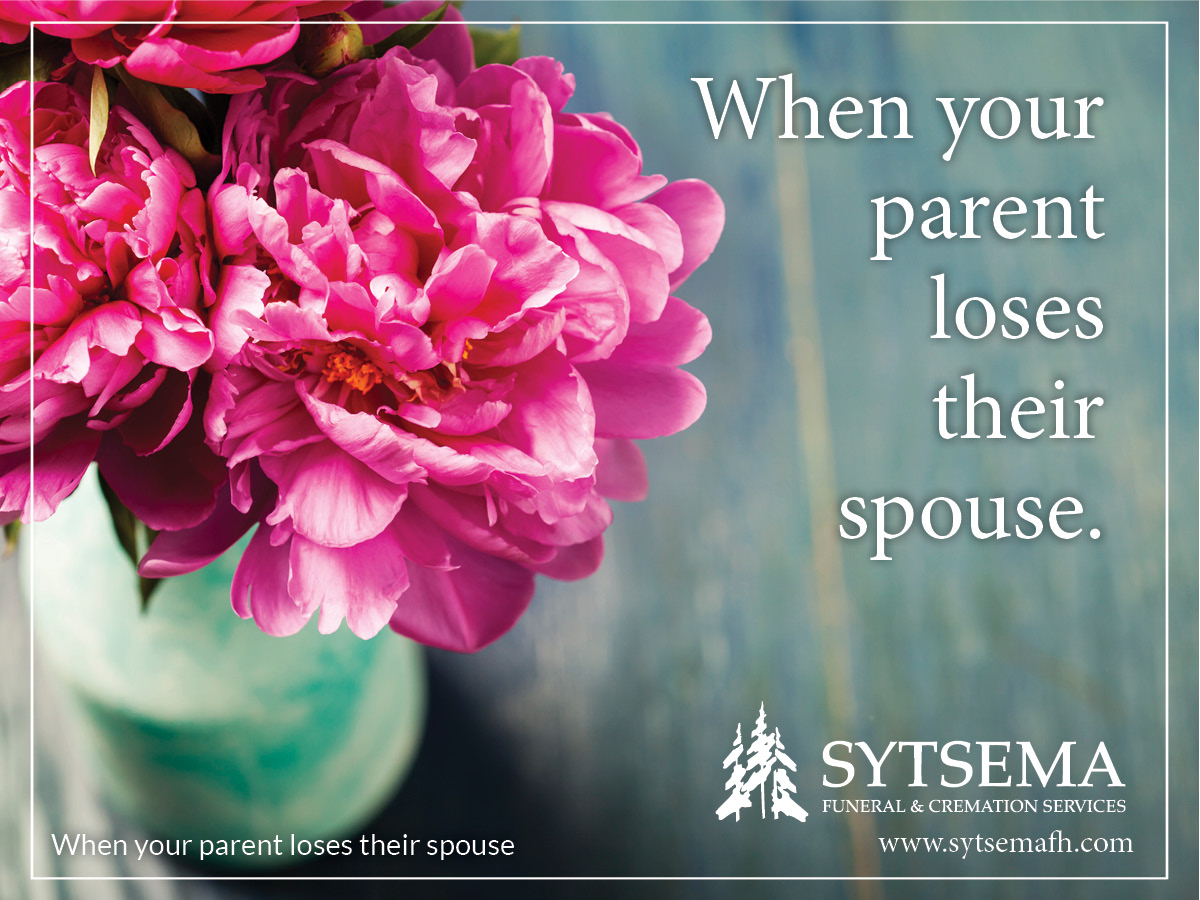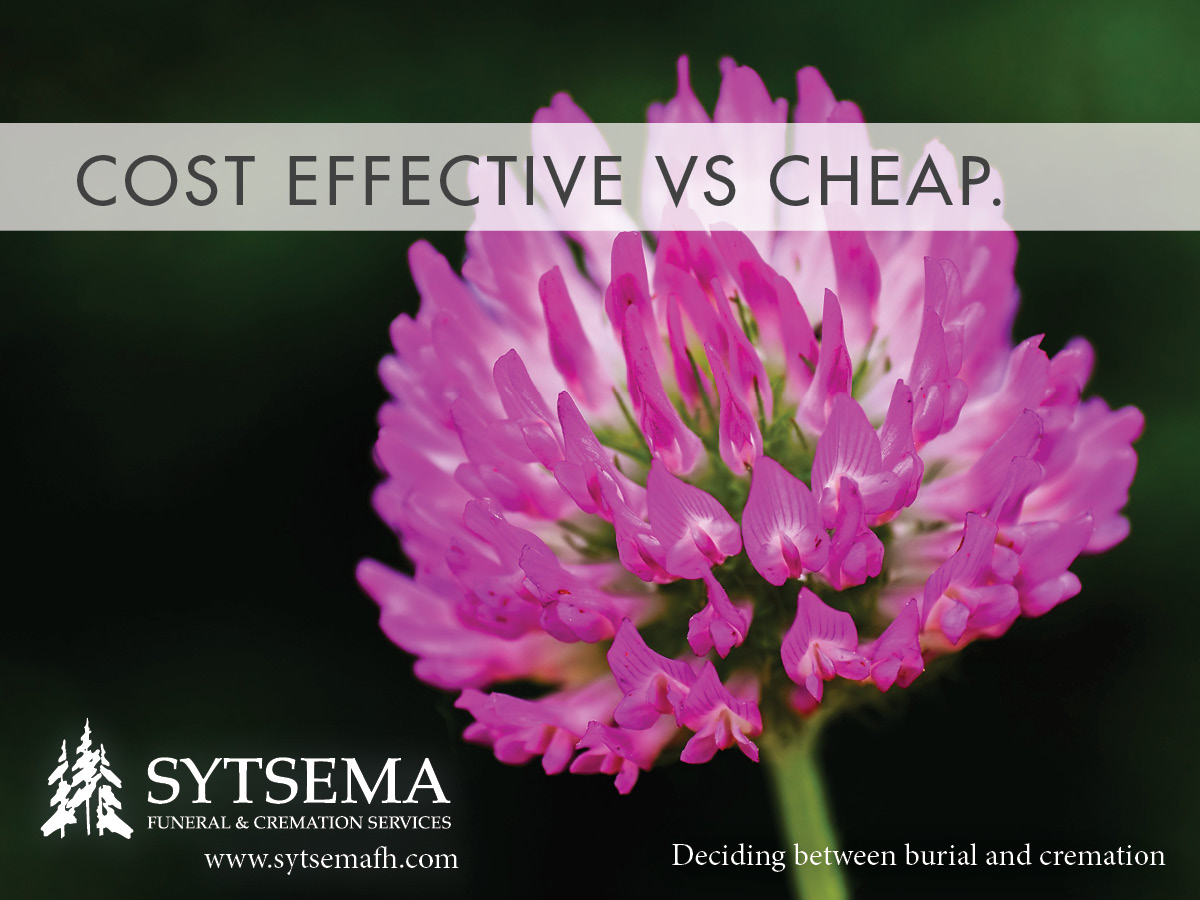
To Plan or Not to Plan Your Funeral in Advance
Posted on May 12, 2022 by Sytsema Funeral Home | Leave a comment
Posted under Advance funeral planning / preplanning
How does Advance funeral Planning affect the first hours before a funeral and the days and weeks that follow? Making the call: When a loved one passes, contacting the funeral home is the first thing that needs to be done. When a funeral plan is in place and on file at the funeral […]
Continue Reading
Email to a Funeral Director
Posted on April 28, 2022 by Sytsema Funeral Home | Leave a comment
Posted under Funeral Director
To: Funeral Director From: Dad with no plan Subject: A question about funeral preplanning Before I get to my question, I have to tell you the background. Friday after Thanksgiving I took my wife (who cooked for a week for that dinner) and my kids (who came from west coast, east coast, and […]
Continue Reading
To Plan or Not to Plan Your Funeral in Advance
Posted on April 14, 2022 by Sytsema Funeral Home | Leave a comment
Posted under Advance funeral planning / preplanning
How does Advance Funeral Planning affect the first hours before a funeral and the days and weeks that follow? CALLING THE FUNERAL HOME / MORTUARY Funeral preplan already in place: When a funeral preplan is already in place and on file at the funeral home, there is no question as to who to […]
Continue Reading
When Your Parent Loses Their Spouse
Posted on March 31, 2022 by Sytsema Funeral Home | Leave a comment
Posted under Grief
“And the two shall be as one” just rolls off our tongue. But think about it. What does it mean to the one who lives when their partner has died? Are they now a half? Families are interesting in that we tend to “know” our family member as their role relates to us. Mom is […]
Continue Reading
Deciding Between Burial and Cremation
Posted on March 10, 2022 by Sytsema Funeral Home | Leave a comment
Posted under Burial, Cremation, Funeral
First, take a deep breath, there is no wrong decision. Burial and cremation are just different means to the same end. The end is decomposition of the human body. The shell that for a lifetime housed a soul. One is quick – cremation. The other is slow – burial. Aside from religious dictates, your choice […]
Continue Reading